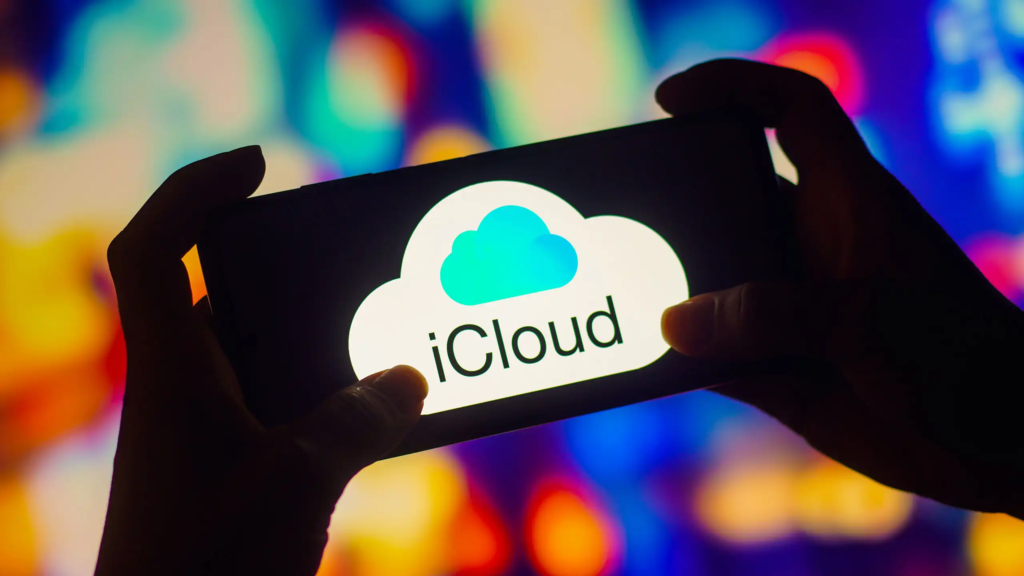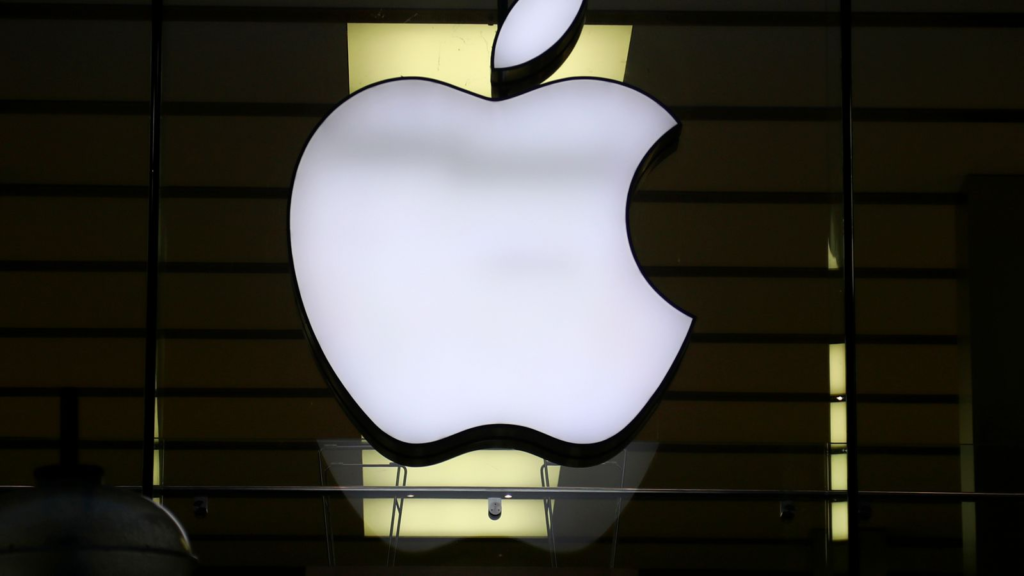A new legal challenge against Apple hits the UK where a lawsuit claims that the iCloud storage service has unfairly monopolized the market, pushing up costs for millions of users. It comes at a time of growing scrutiny of Apple’s competitive intelligence in the region. Estimated at £3 billion ($3.8 billion USD) and lodged with the UK Competition Appeal Tribunal (CAT), the claim accuses Apple of blocking competition by favoring its iCloud service instead of existing ones.
What’s at Stake?
Apple is using its mobile operating system dominance to force consumers to pay for Apple’s own iCloud service, charges the consumer rights organization. Apple’s iOS system impedes third-party cloud storage providers, the group says, encouraging iPhone and iPad users to use iCloud. This means many users end up paying for iCloud subscriptions when their 5GB storage cap was met, allegedly, with no real choice.

This forced dependency on iCloud, the organization asserts, enables Apple to impose what it calls ‘rip-off’ pricing. The consumer group, in a statement, said that Apple has ‘used its dominance to gain an unfair advantage on the cloud storage’ and pointed out that U.K. users get charged up to 29% more for a tier of iCloud storage in 2023.
A Monopoly Over iCloud?
The iCloud monopoly lawsuit accuses Apple of relying on its monopoly power to set higher prices for iCloud services in the U.K. The claim is that iPhone and iPad users are paying over the odds for cloud storage and no longer have a good way to back up their data outside the Apple ecosystem.
“Many users are left with no option but to pay up when storage needs grow,” noted the consumer rights organization, stressing that U.K. consumers have likely overpaid for iCloud services.
However, Apple disputes these claims. Despite the company defence on its practice, Apple believes in ‘providing choices.’ “Third party alternatives for data storage are available to our users and they are not required to use iCloud.” Meanwhile, Apple also said that many users do not pay for iCloud+.
Apple’s Stance
Apple has pushed back, saying that it works with a broad range of storage options for its customers, with many choosing alternatives to iCloud. Apple also claims its iCloud prices align with industry standards and denies any anticompetitive behavior, stating that it will “vigorously defend against any legal claim otherwise.”
The antitrust regulators show no lack of interest in Apple. Apart from the iCloud monopoly lawsuit, Apple has also been sued for antitrust in the UK over its App Store fees. It is also fighting a similar cloud storage lawsuit in the U.S. that is still active after Apple’s motion to dismiss was rejected in March.
What’s Next?
The CAT will first decide if the consumer rights organization can act as the representative for class action and can file a claim on behalf of U.K. consumers. The suit is another legal front for Apple in a growing number of cases questioning Big Tech’s competitive practices worldwide.

If that happens, it may prompt Apple to settle with UK consumers and avoid costly litigation while at the same time opening the floodgates to more competition in cloud storage. In it, it also calls out the heightened legal pressure on tech giants to thwart monopolistic practices that affect the lives of everyday consumers.
The outcome of this case could set a precedent, becoming more about who decides which technology we use, with consumer advocacy groups like the U.K. consumer rights organization in the lead. Now it will be up to the courts to decide if Apple’s iCloud model is an unfair monopoly.





